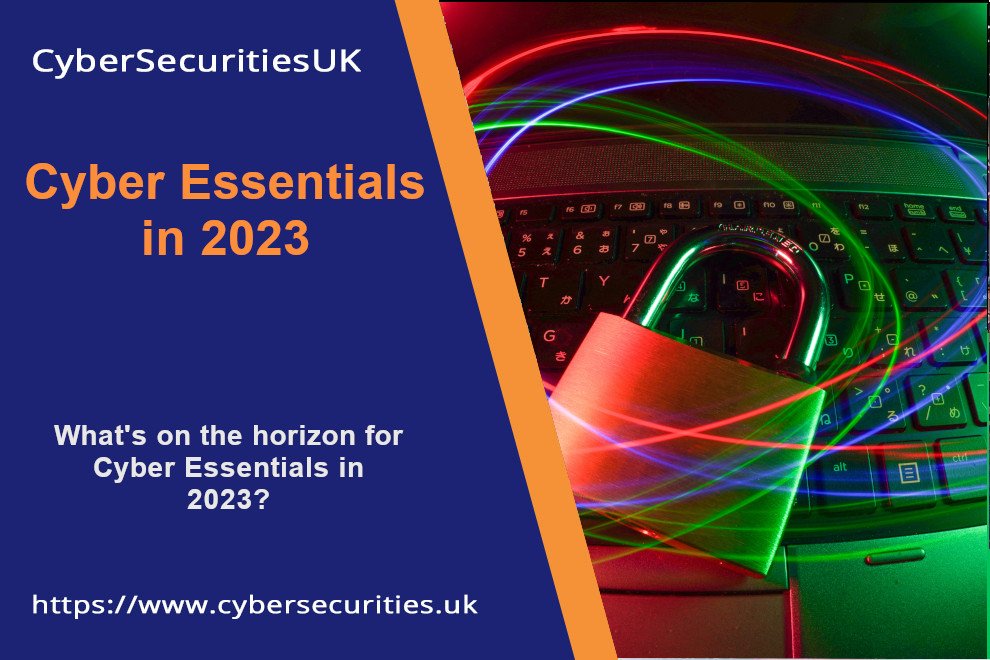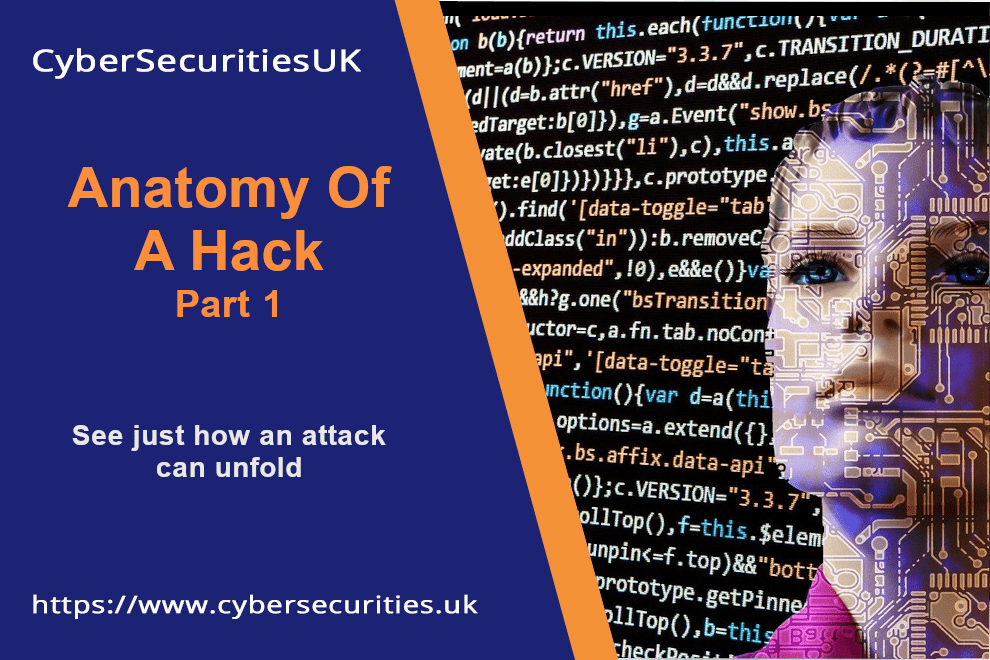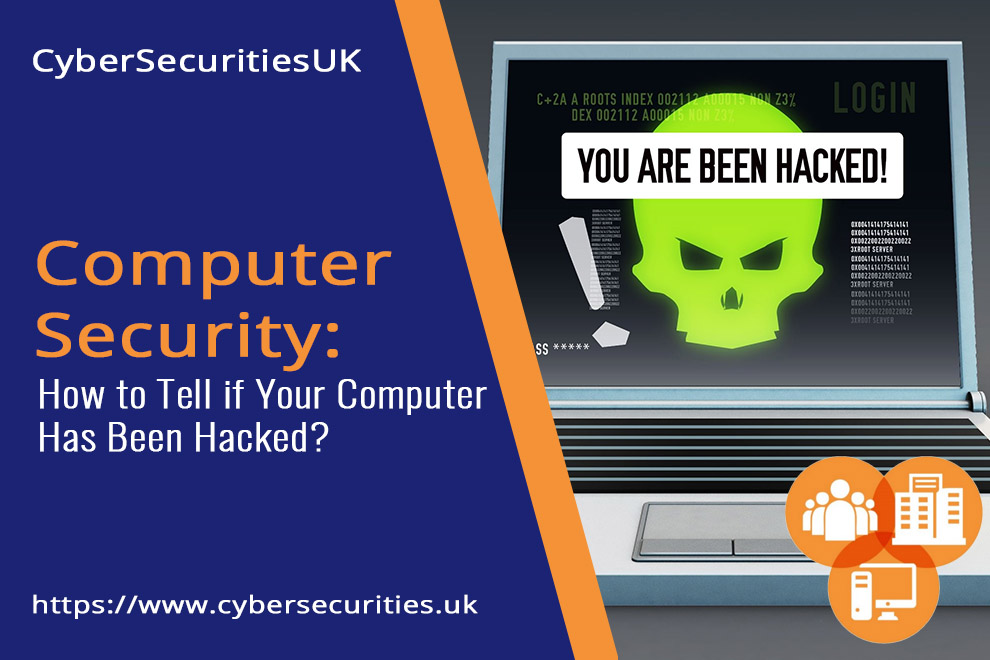Confidential information is a valuable asset. It’s often sold on the dark web and used by criminals to commit identity theft or fraud. That being said, it’s not surprising that security breaches are becoming more common these days. Hackers try to infect computers with viruses, allowing them to gain control of sensitive data for financial gain.
In a time where companies of all sizes suffer from data breaches, it is essential to implement proactive measures to protect your devices and systems from unwanted access. Cyber security is a term generally used to refer to steps you take to protect data and the integrity of your computing assets, essentially defending them against all potential intruders.
What is Computer Virus?
A virus is any malicious program that enters a device or network without a user’s knowledge. It can replicate relentlessly and spread from one computer to another, performing unauthorised actions that end up affecting the system’s performance as well as the user’s files.
What is Antivirus?
As the name indicates, antivirus software is a program designed to fight off computer viruses. It detects and removes viruses from an infected device or network. It also does regular system scans – monitoring devices and system files and preventing any potential malware from getting into your system. Without the best antivirus, your PC will remain open and unprotected to hackers – which nobody wants.
Features of Antivirus
-
Protection from viruses
The primary function of an antivirus program is to protect the computer from viruses, malware, spyware, and other unknown threats. It eliminates them before they can even harm the device’s system. An effective antivirus has developed a list of good and bad files to distinguish a program as to whether it is harmful or not.
-
Block pop-up ads
One of the methods of how viruses infiltrate the computer system is through pop-up ads and spam websites. They are the one of the most used methods to infect your computer and damage your files. These attacks seek to steal data from a user’s computer, resulting in compromised privacy which may result in substantial financial losses. Free antivirus as well as paid ones can work against these malicious threats by blocking their direct access to your computer network.
-
Prevention of email phishing attacks
‘Phishing’ can trick you into taking an action that will enable a scammer to access your device, accounts, or personal information. By pretending to be a person or company you trust, they can easily infect you with malware or steal your bank information. Installing an extra layer of computer security can help monitor your email and filter out these kinds of malicious messages.
-
Scanning removable devices
Antivirus for PCs can scan any removable device connected to the computer to identify potential threats. This is useful for computer users who wish to check if the removable device has any unsolicited content that can threaten the network.
-
Improves the performance of the computer
Virus attacks can result in slow processing speed and frequent crashes of your computer. Antivirus programs may delete and remove unwanted files from unknown sources to free up disk space, increasing the speed of your computer.
-
Limiting website access
Visiting suspicious websites can expose your computer system to numerous cyber threats, including spyware, hackers, ransomware, etc. Using an antivirus program restricts your activities on un-authorised websites. This ensures that you only access websites that are safe and harmless for your computer system.
Reasons to Use Antivirus Software
Apart from knowing the benefits of antivirus, part of strengthening your cyber security is by understanding the different challenges that you might encounter at any given time. Here are the reasons why cyber security is more crucial now more than ever.
-
The increasing number of cyber threats
Gone are the days when cyber criminals ignore startups and small companies because they don’t think they have a lot of stored confidential data. Hackers research their targets, and they know that smaller firms do not have as much protection as bigger businesses do and that many of them utilise cloud technology that may be insecurely configured secured. To avoid putting your data at risk, make sure that your computer network has antivirus software installed.
-
The proliferation of sophisticated hackers
As technology evolves, so does hackers capabilities. The rate of cybercrimes has grown exponentially over the years, and more complex data breaches mean that cybercriminals are also getting smarter. They can organise well-coordinated attacks against organisations while continually changing their tactics. That said, businesses should never underestimate these cybercriminals and establish proactive security measures as simple as using the antivirus software.
-
Higher costs of data breaches
Successful cyber attacks can cause significant damage to your business. They may result in substantial financial loss, damage to your brand’s reputation, and regulatory sanctions. Companies will have to incur costs associated with repairing affected systems and dealing with legal consequences. You can mitigate these security breaches by being resilient. It is vital to manage the risks accordingly. Implement robust processes like installing appropriate security software.
-
Prevent infecting others
There is no doubt that internet security is mostly about your computer/network but bear in mind that there are other devices around you as well. If a virus or malware infects your device, it can impact not only your data but also other devices through your network or via email. Using antivirus software and following best security practices can help you prevent this from happening.
-
Tighter regulations
A company needs to know the applicable cyber security laws in the location (the GDPR) where they operate to avoid severe reputational and financial damage. Often, these regulations include data collection procedures and the requirement to alert clients when their data is breached by specific methods. Non-compliance with these cybersecurity regulations can lead to severe fines and penalties.
Conclusion
Dismissing the risks concerning cybersecurity can have several large impacts on a person or an organisation. It is especially true as recent hacks and scams have shown that it is not just large corporations that are targeted but the personal data of everyday people as well.
As technology continues to influence almost every part of our lives, it is imperative that we strive to stay one step ahead in the field of cyber security. As a computer user, you need to be aware of the threats you might face and the benefit of installing a suitable antivirus that can tighten up your security measures.
Never underestimate the importance of using antivirus programs. It can protect you against the damages that malware or viruses can do to your system!






Pingback: Free & Next Generation Antivirus Review 2022 - CyberSecuritiesUK